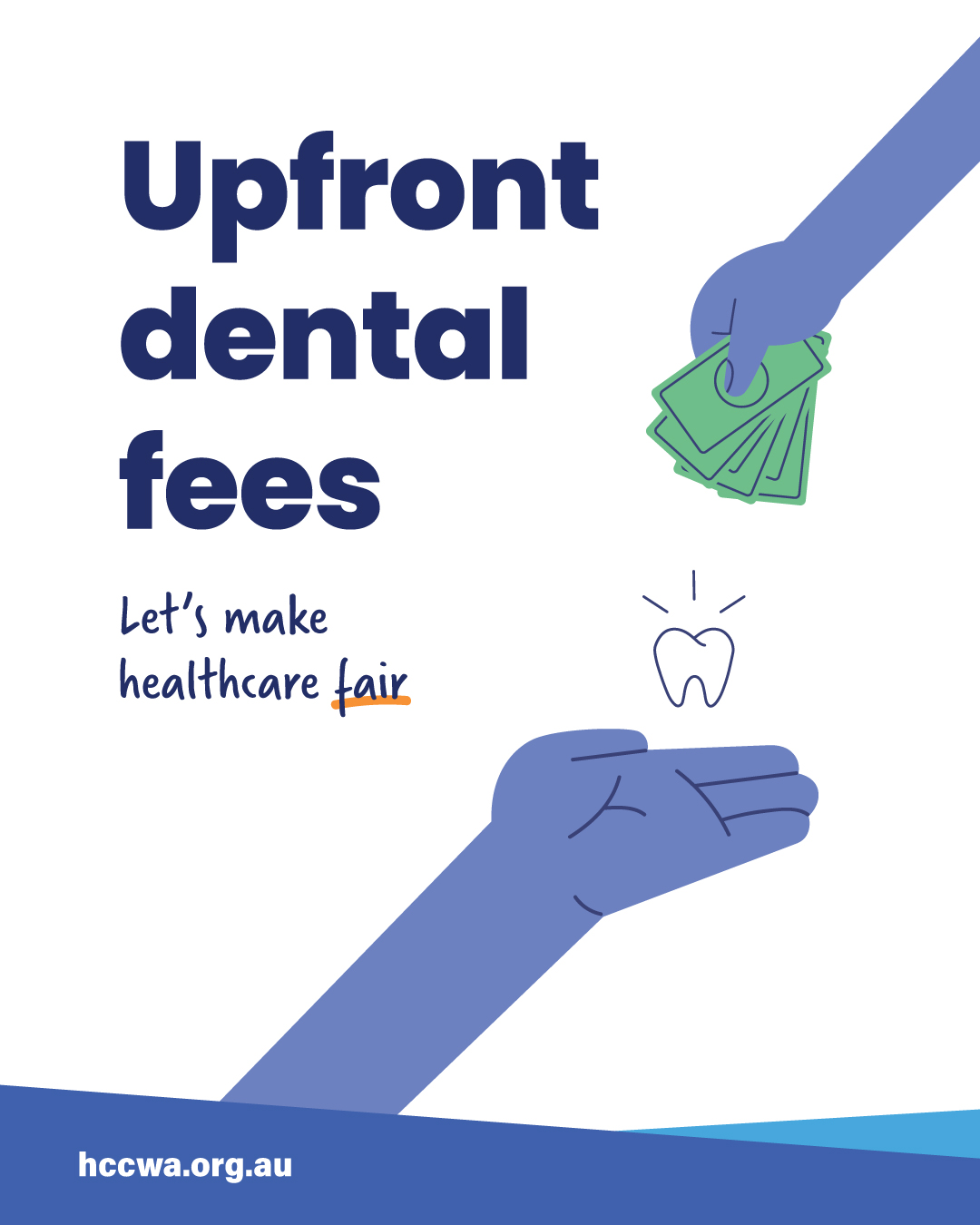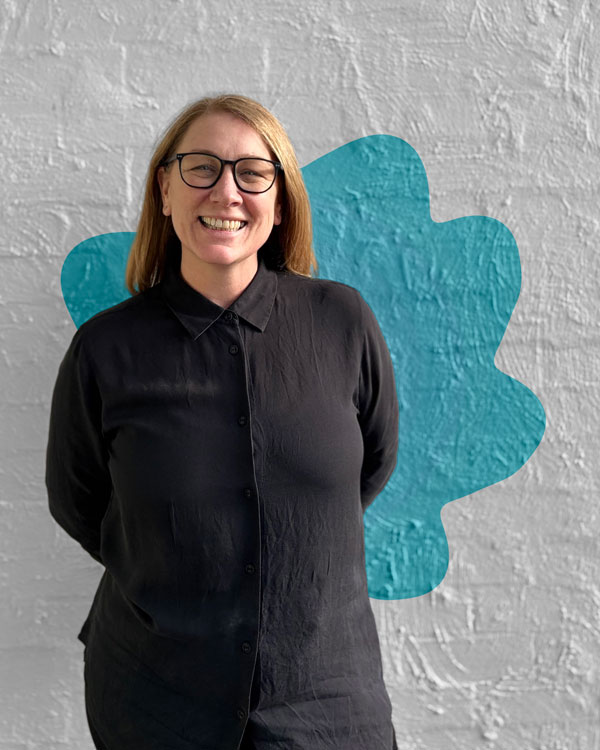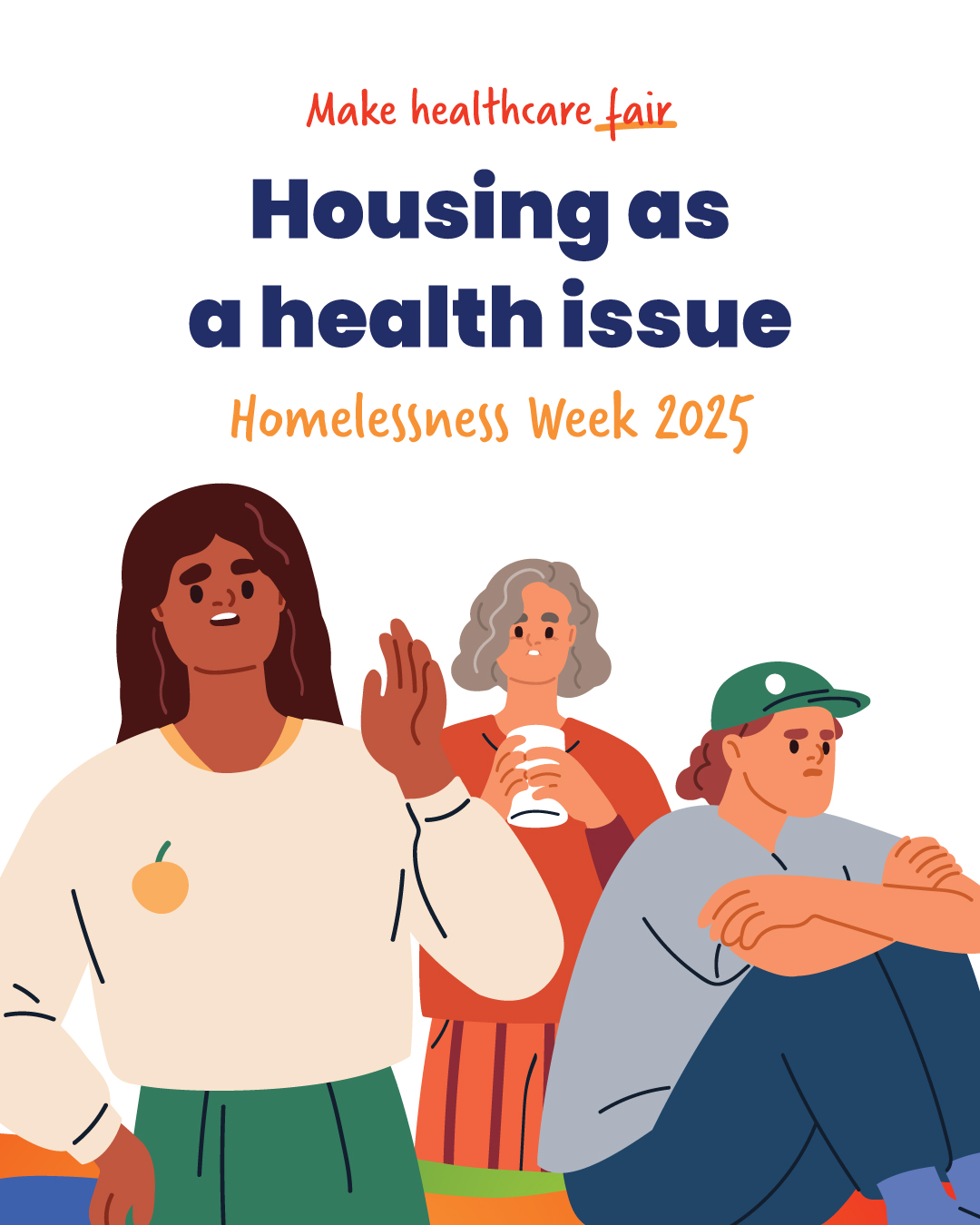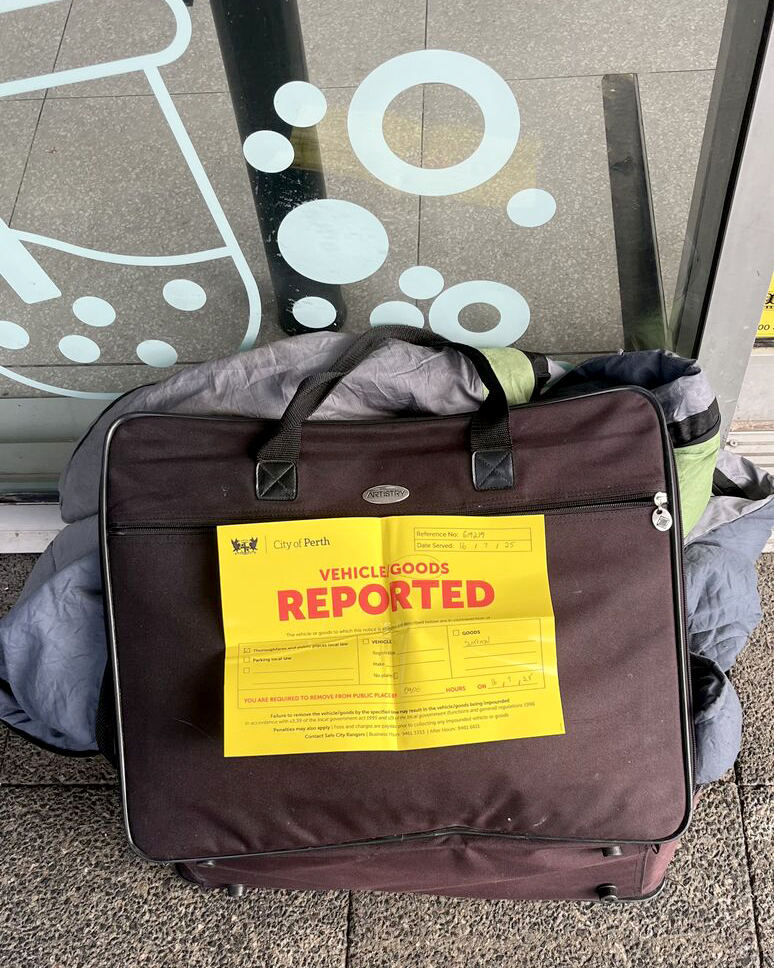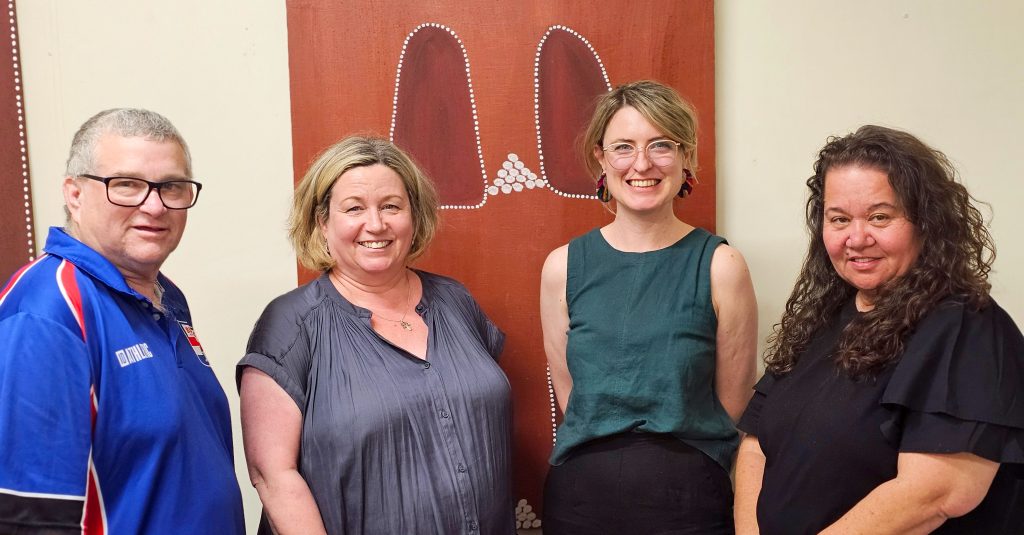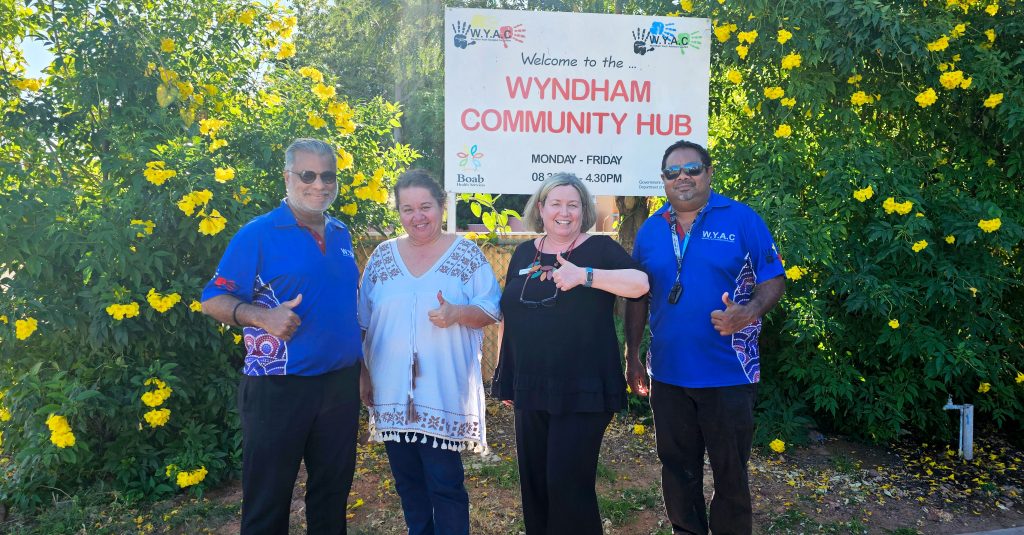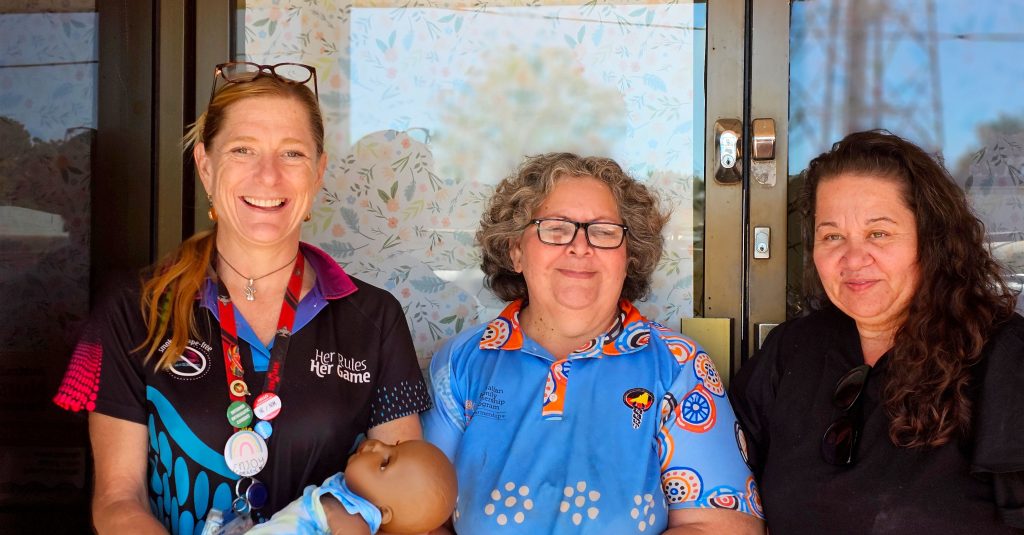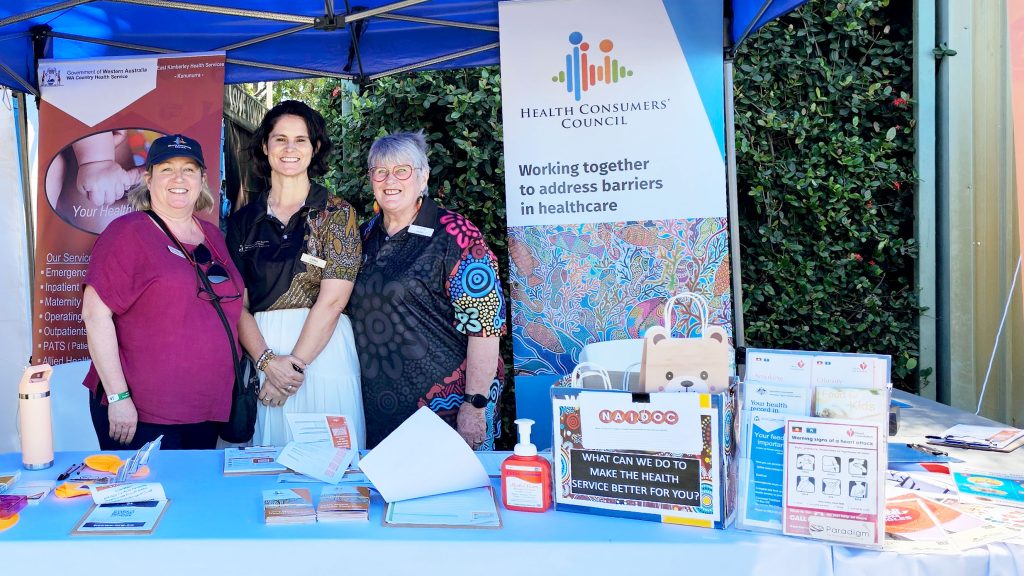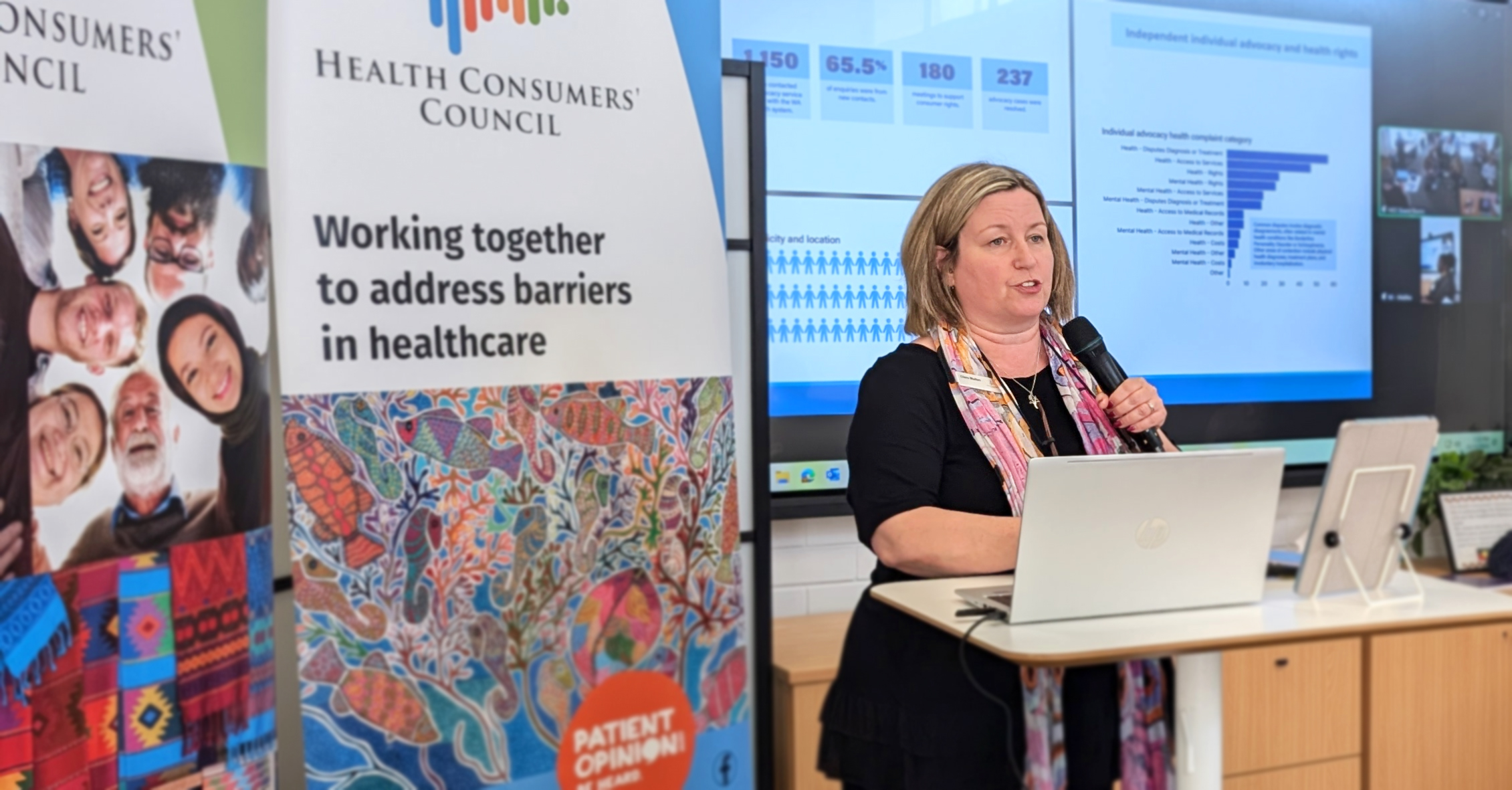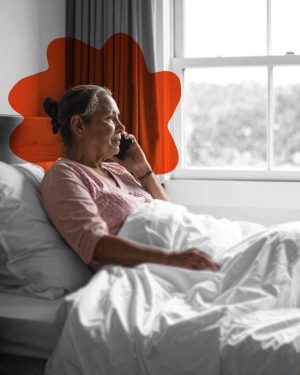This year many of us have been shocked by news reports of consumers having paid up front for extensive and costly dental treatment (often implants) and then before the work is completed their practitioner has stopped practicing, died or been deregistered, leaving consumers out of pocket, in pain and with nowhere to turn.
Making this more devastating, a number of consumers have withdrawn a substantial sum of money from their superannuation to afford the up-front cost for treatment. With the treatment being left unfinished they are left high and dry, and out of pocket.
What we heard
When these issues came to our attention – raised by consumers directly to our individual advocacy service, and through the media coverage in The Sunday Times – we looked into what had gone wrong and we found:
- High costs of dental treatment meaning people need to request access to their Super to help cover the cost
- Practitioners requiring payment upfront but those payments not always being protected or returned to consumers if practitioners are unable to complete the work
- The system that’s supposed to protect consumers having a number of gaps:
- Predatory advertising of costly dental treatment and encouragement to access Super without financial advice being promoted via social media with highly emotive imagery
- Limitations of information being provided to consumers to enable them to make truly informed consent and being clear about the future impact of accessing Super to pay for treatment
- The request for Compassionate Release of Super being signed off by the same health practitioner who will be benefit financially from that request. In many cases, this may not be a cause for concern. However, it allows for unscrupulous practitioners to encourage the transfer of funds from someone’s future financial security, to their own income with little/few checks and balances to ensure fully informed consent.
- Quality issues – people paying for expensive treatment and then learning their treatment was not of the expected standard
- Practitioners with a history of concerning practice being able to continue to practice – and information not being available to consumers about past history
What we’ve done so far
It’s clear that the regulation and protection of consumer rights in the area of dental treatment is ripe for reform. Some of the gaps in protection for consumers will take a long time to resolve.
Having collected information about people’s experiences and identified the gaps in consumer protection, we’ve reached out to a number of the agencies that can play a role in addressing these. These include:
- The Australian Health Practitioner Regulation Agency (AHPRA) and the Australian Dental Board
- The WA Chief Dental Officer
- The WA branch of the Australian Dental Association
- The WA Commissioner for Consumer Protection
- CHOICE, the national consumer advocacy group
We also reached out through our networks to find out about other consumer concerns on this area. Using that feedback, we’ve contributed to a number of media articles and raised consumer concerns regularly and consistently, as well as speaking up on consumer perspectives at this year’s Dental Board conference. We are making these points:
- people making the decision to access Super to pay for dental treatment need to be provided with clear information about what they are paying – $10,000 today may actually be worth a lot more if it had been left to accumulate interest in your Super fund
- if someone is paying up front for treatment, those funds should be held in a trust account – similar to when you pay a deposit for a rental property – that can’t be accessed by the health professional until the work has been completed
- that regulators – like Ahpra – need to put the interests of consumers front and centre when designing and applying systems of regulation. And acknowledge that financial harm is a risk to consumers, and that regulation systems need to protect against that alongside health harm.
About compassionate release of super
The early release of superannuation – known as Compassionate Release of Super – is meant to only be used if other funding options such as savings or a loan are not available. It’s a last resort mechanism that’s in place to enable people to pay for essential treatment that cannot be paid for any other way to:
- treat a life-threatening illness or injury
- alleviate acute or chronic pain
- alleviate acute or chronic mental illness.
We are not arguing that the ability to access superannuation for compassionate reasons should cease. We are calling for some tighter checks and scrutiny to ensure that the release is only available when the treatment does meet the above criteria. And that consumers understand the full implications of accessing their funds this way.
The data that the Australian Tax Office provides is alarming. A majority of superannuation released for compassionate grounds is being spent on medical care, with $1 billion released for medical treatment in 2023-24.
The largest category for medical release of superannuation is dentistry, with $526 million of the above $1 billion being released to pay for dental treatment. This has increased from $66 million in 2018-19, a nearly 700% increase in six years.
Many practices include references to accessing superannuation on their websites when they are referring to payment options. Some others mention accessing superannuation on the front page of their website and some even include it in their online advertising that is pushed as sponsored posts on social media and other websites. We have also seen the emergence of businesses who can complete your superannuation paperwork for you and help you access your super. These are not medical practices but rather an agency who charges patients to help them complete a fairly simple form, and can refer people to their “partner” practitioners if they are having a hard time getting a dentist to sign off on the release of superannuation.
We hope that the ATO can use their data to identify and track practitioners who are the recipients of a larger than usual proportion of superannuation releases and take appropriate actions to ensure that any unusual charging practices are closely scrutinised.
If you have concerns about the financial practices of a health practitioner, you can submit a notification to Ahpra at https://www.ahpra.gov.au/Notifications/Concerned-about-a-health-practitioner.aspx
Registration of practitioners who have a history of disciplinary issues
It became clear that one of the practitioners who had attracted media attention had previously been deregistered in another country. We have raised this with AHPRA as it was unclear to us how this practitioner came to be registered in Australia. While we were unable to obtain specific detail about an individual dentist we did have extensive discussions on this topic and are hopeful that AHPRA will in the future be approaching such registrations in a different way.
Where to next?
Sadly, many of the patients who have been left out of pocket with unfinished work by David Hurst are still stranded. We are aware that a class action has commenced and we hope that this process is helpful for those consumers.
We will be continuing our advocacy with the agencies outlined above to advocate for long-term systemic change. We will continue to share updates through our e-news.
If you have any comments on any of this, please reach out to us at info@hconc.org.au
Updated October 2025. Health Consumers’ Council WA.
Why are we talking about dental costs
Some people in WA paid large sums upfront for dental work. When a dentist stopped practising or was deregistered, the work was left unfinished. Patients lost money and often had health impacts.
Why do people use their superannuation for dental
Dental care is expensive. Many cannot afford it. Some dentists and third party services promote using superannuation as a payment option.
What is the risk
- If treatment is not finished, your money may be lost.
- Upfront payments are rarely protected.
- Some dentists continue working despite past problems.
- Advertising can be misleading about cost and outcomes.
How much superannuation is being used
In 2023 to 2024 Australians accessed 1 billion dollars through compassionate release of superannuation. Dentistry accounted for 526 million dollars, up from 66 million dollars in 2018 to 2019.
What should I do if I am considering dental work
- Ask for a written cost estimate with item codes and timeframes.
- Avoid paying the full cost upfront. Request staged payments.
- Check the dentist’s registration on AHPRA and the Dental Board.
- Be cautious of advertising that pushes superannuation access.
- Contact HCCWA if you are unsure of your rights.
What is HCCWA doing
- Collecting consumer stories and evidence.
- Raising issues with AHPRA, the Dental Board, WA Chief Dental Officer, ADA WA, and Consumer Protection WA.
- Partnering with consumer groups.
- Pushing for protection of upfront payments and clearer disclosures.
Need advice
Contact Health Consumers’ Council WA. Visit hconc.org.au or call 08 9221 3422.
